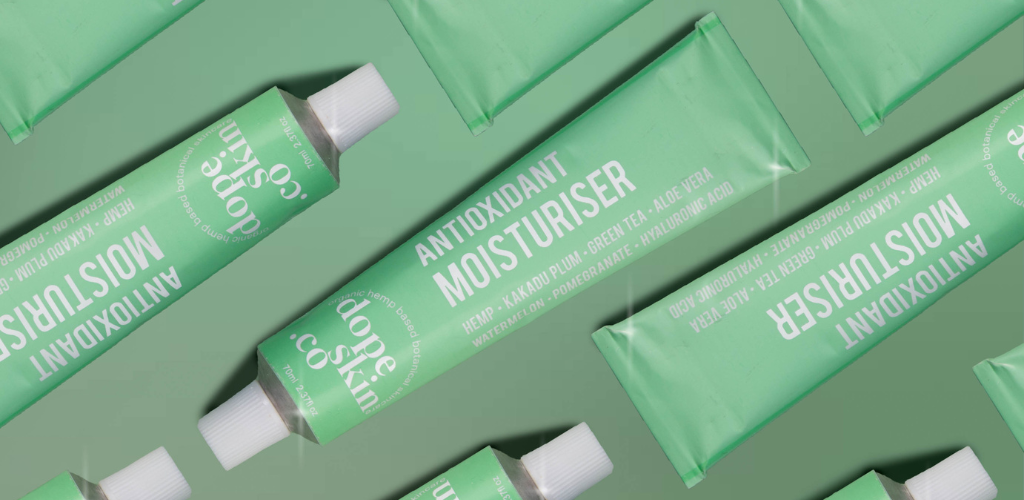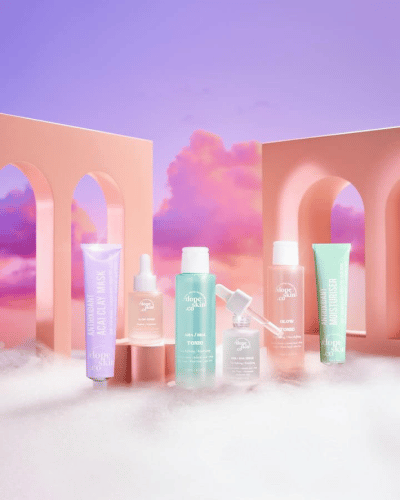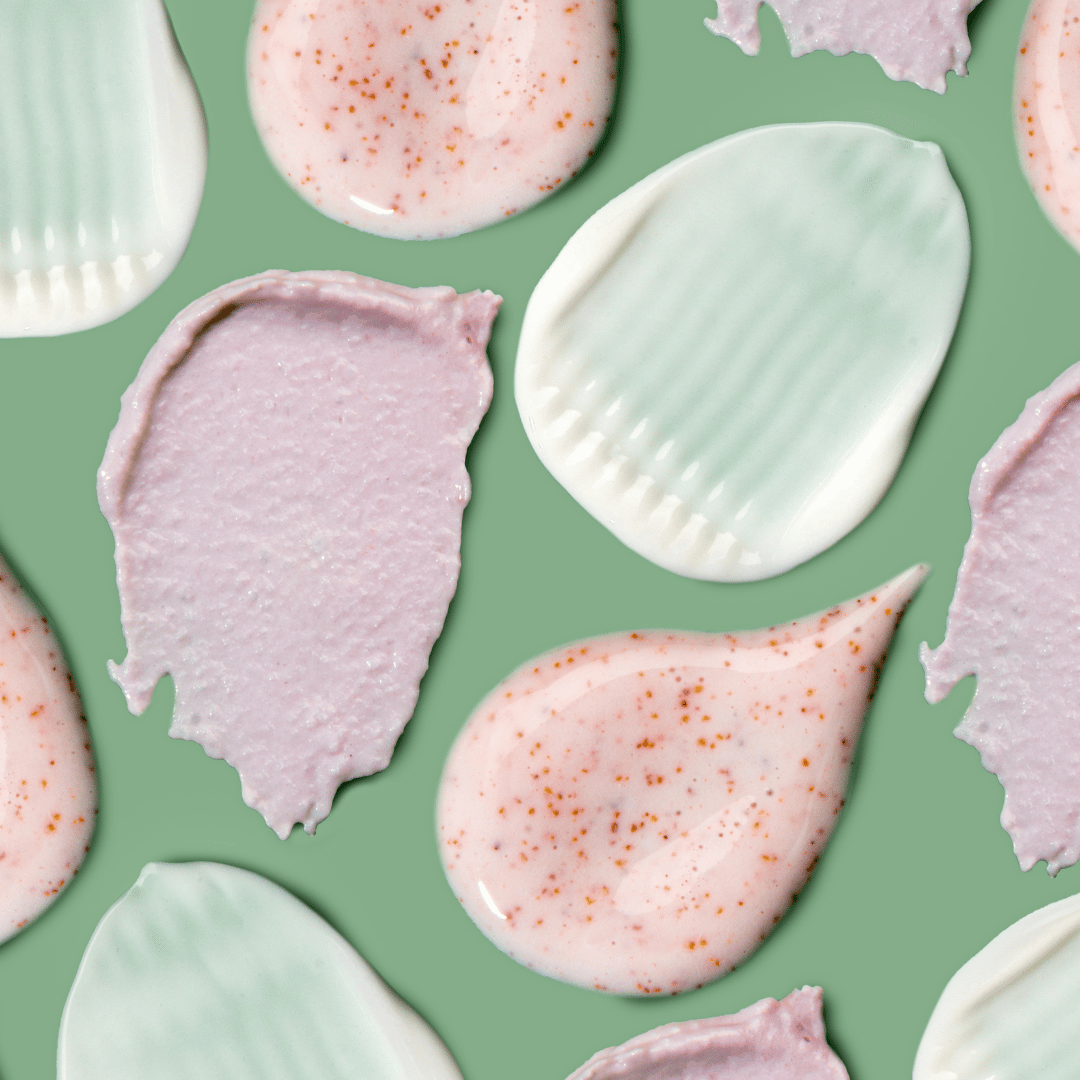
6 Tips For Acne Prone Teenage Skin
If you're in the midst of a hormonal shift and your skin is acting out, you're definitely not alone. Fortunately, there are lots of things we can do to help keep our skin looking great while it's going through this period of change.
In this article, we'll talk about what teenage skincare is (and isn't), and what products will actually help your teen's skin look its best.

Tip 1: Know what your skin type is
As you may know, our skin is made up of several layers. The outermost layer, called the epidermis, can be affected by various factors such as hormones and genetics. When we talk about skin types in teens, it's important to understand that their epidermis is still going through a lot of changes so they need specific care.
Getting to know your own skin type will help you figure out which skincare products are best for you. You can do this by simply taking our skin quiz!
Tip 2: Wash your face, but don't wash it too much
If you're a teen with acne, the best thing you can do for your skin is to wash it. But there are some important things to keep in mind when washing your face:
-
Wash twice a day. The first time should be in the morning after you wake up and before going to school or wherever else. The second time should be at night before going to bed. You might think that if you only wash once per day, it won't matter as much what kind of cleanser or soap you use—but remember: Washing twice per day can help prevent breakouts from starting by reducing oil production on your skin.
-
Use gentle cleansers instead of bar soaps and body washes that can make your pores more clogged by stripping them of their natural oils (which causes them not only more susceptible to acne but also less able to protect against bacteria).

Tip 3: Exfoliate
Exfoliating is a great way to remove dead skin cells, revealing a brighter and smoother complexion. But if you have sensitive skin, it's best not to exfoliate too often—you could irritate your skin or even break out.
-
If you have teenage sensitive skin, limit exfoliation to once a week at most.
-
For normal or oily skin types, exfoliate between two and four times per week.
-
If you're prone to dryness (or just want an extra-clean feeling), stick with once-a-week treatments; they're gentle enough for everyday use.
Here's how: With wet hands, massage the cleanser into damp skin in circular motions for about one minute before rinsing thoroughly with warm water. Rinse well because any leftover cleanser will strip away natural oils from your face!
Step 4: Moisturise
Most teenagers have oily skin, so it is important to use a moisturiser that is suitable for your skin type. The best way to do this is by checking the back of your hand. If you are able to see a greasy residue on your palm after rubbing it gently, then you are likely to have oily skin and should choose an oil-free or light moisturiser.
If you don't have oily skin but still feel that your face feels tight after washing it with water, then try using a heavier lotion or cream instead of a gel or serum-based product (these tend to dry out the skin).
Moisturisers should be applied evenly over the entire face and neck area in small amounts at least twice per day - once when getting up in the morning and once before bedtime - as well as whenever else necessary throughout the day (e.g., if playing sport). It may also be beneficial for people with dryer complexions (such as those who suffer from eczema) to apply their moisturisers more often than usual during cold weather conditions such as rain showers or windy days outdoors .

Step 5: Fight acne
Acne is common in teenagers. It's caused by hormones, bacteria and dirt in the pores. Sometimes it can be triggered by eating chocolate or greasy foods, but this is rare. In most cases, acne can be treated with medication prescribed by your doctor.
It's important that you don't use anything on your face without spot testing first—even if you're using something as seemingly harmless as toothpaste or body wash to treat your acne (not recommended).
Anything applied directly to the skin affects its pH balance and may cause irritation or even infections if not used properly!
Step 6: Be informed and kind to your skin
It’s hard to know what works for your skin and what doesn’t. But here are some things you can try:
-
Use the right products. Your skin type (dry, oily, combination) will determine what kind of product you need. Do not use harsh cleansers or scrubs if you have sensitive skin or rosacea because they can irritate it further.
-
Be gentle with your face! If a product has a high alcohol content it might be better for dryer skins but something with less alcohol might be better for more sensitive ones as well as those prone to breakouts due to excess oil production from overactive sebaceous glands.
-
Get into sunscreen early on! Sunscreen is important because exposure to UV light causes premature aging of the skin so make sure you're wearing one every day from when you begin using skincare products until well past adulthood!
As we discussed, your teen’s skin is unique.
It’s important to remember that your teenager’s skin is still developing, so it can be a bit tricky to find the right skincare products. I hope this article has given you some insight into what your teen might need from their skincare routine, and how to choose the best products for their needs.



